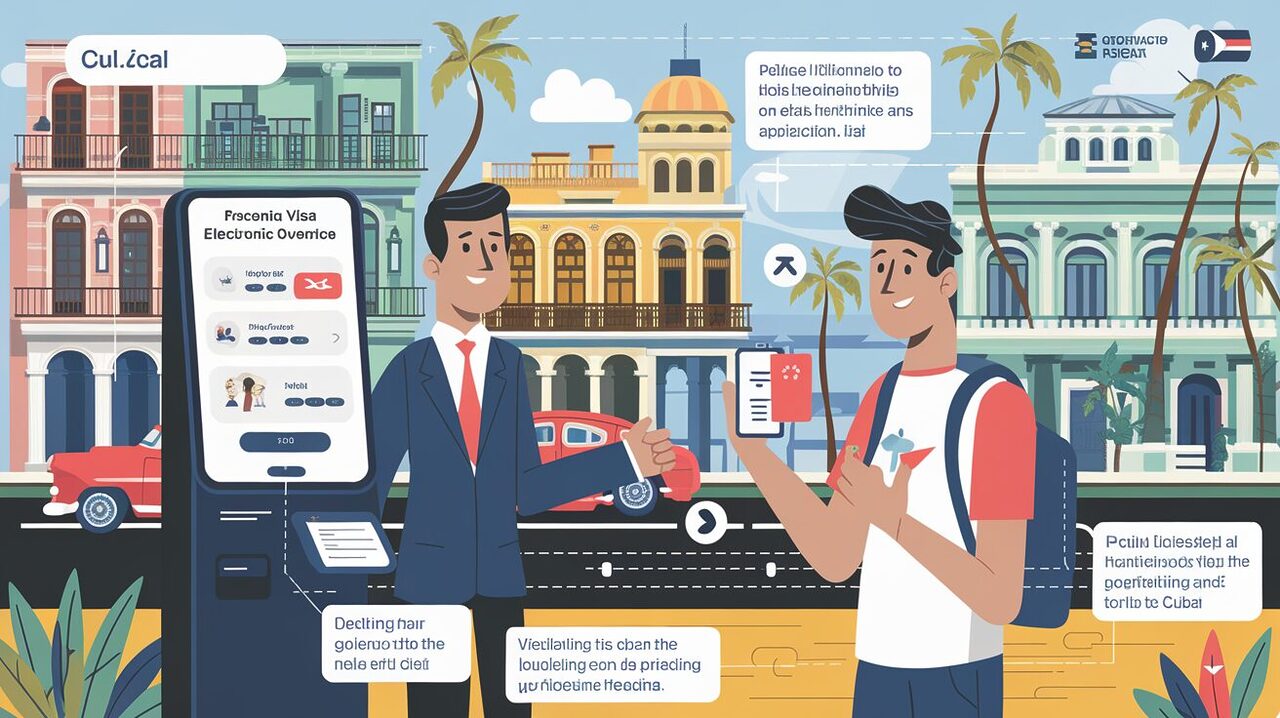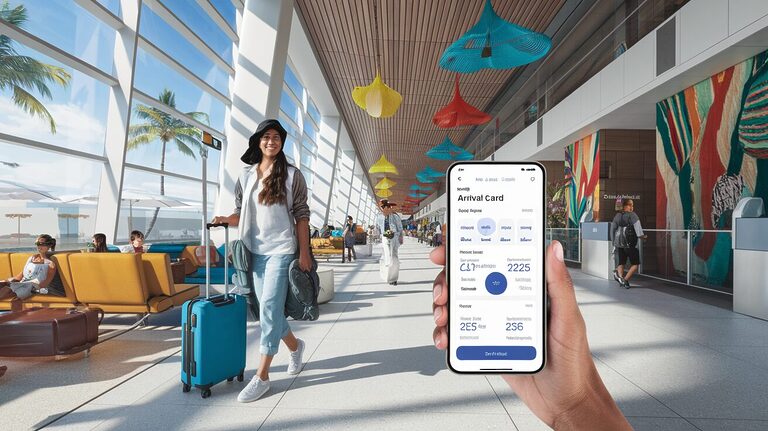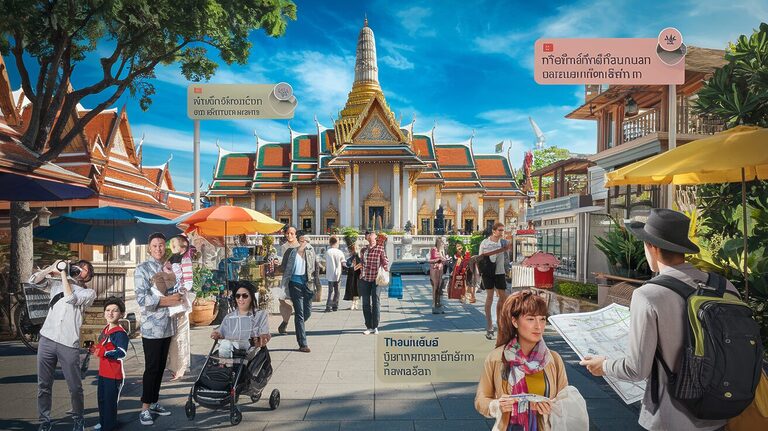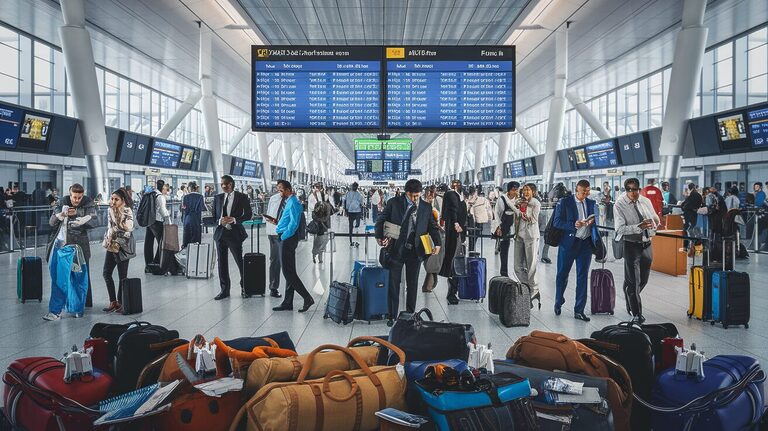In light of recent updates to entry requirements, understanding the electronic visa process for traveling to Cuba has become essential for future explorers. As the Cuban government transitions from traditional tourist cards to eVisas, adhering to the new protocols is crucial. This shift, announced by the Cuban Ministry of Tourism, streamlines entry procedures and enhances the travel experience, ensuring that all visitors are well-informed before their journey. With detailed insights into the necessary steps, travelers can navigate the process with confidence and ease.
As travel to Cuba continues to evolve, the recent announcement by the Cuban government regarding the introduction of an electronic visa (eVisa) system requires attention from all prospective visitors. This change not only alters the entry requirements but also streamlines the process for navigating immigration. In this article, we will explore the key insights and procedural steps needed for travelers planning to visit Cuba starting July 1, 2025.
Understanding the Shift: From Tourist Card to Electronic Visa
On July 1, 2025, the electronic visa will supersede the traditional tourist card, marking a significant evolution in the entry mechanisms for Cuba. The Cuban Ministry of Tourism has specified that all travelers arriving from Miami and various other U.S. cities will need to secure this digital document before their trip. For $50, plus processing fees charged by approved agencies, the eVisa can be obtained, offering a convenient alternative to the previous paperwork burdens.
The Essential Documents for Arrival
Before heading to Cuba, travelers must ensure that they have several critical documents ready for presentation upon entry. Alongside the valid eVisa, visitors need to present:
- A valid passport
- Mandatory health insurance
- The D’Viajeros form, which includes a corresponding QR code
The importance of having these documents ready cannot be overstated; failure to present any of them could result in denial of entry.
The Pre-Trip Procedure: Securing Your eVisa
The process to obtain the eVisa starts with filling out the form available at evisacuba.cu. Travelers will need to input their personal details and flight information. Following the application, the electronic visa will be sent to the provided email address. Additionally, completing the D’Viajeros form is mandatory for all travelers and can be found at dviajeros.mitrans.gob.cu, generating a QR code essential for entry.
Avoiding Fraud: Tips to Ensure Validity
The Cuban Ministry of Tourism has issued warnings against fraudulent websites that may charge excessive fees or provide invalid visas. Travelers are advised to check that the visa number and stamp from the Direction de l’identification, de l’immigration et des étrangers are clearly visible on their documentation. By staying cautious and ensuring all steps are followed correctly, travelers can avoid any complications.
Who is Affected by the New Regulations?
The regulations apply especially to travelers holding foreign passports, even if accompanied by Cuban citizens. This includes children born outside of Cuba, spouses, and relatives who must apply for the eVisa unless they possess a Cuban passport. Furthermore, tourists traveling from various American cities like Miami are included in this requirement, regardless of their companions.
Exceptions to the Rule: Canadian Tourists
Interestingly, Canadian tourists traveling directly from Canada will remain exempt from needing a visa, as the cost is already included in their airline tickets. However, those transiting through a third country must still apply for the electronic visa. This distinction is essential for Canadian citizens planning their journey to Cuba.
The Broader Context of Cuban Tourism
This reform comes at a crucial moment for Cuba’s tourism sector. With a reported 30% drop in international visitors during the first quarter of the year, the government aims to tighten entry controls while digitalizing processes and minimizing paper documentation. The move towards an electronic visa is not only about regulation but also about embracing modernization in travel.
In exploring the implications of these changes, prospective travelers can also gain insights from similar initiatives worldwide, such as the unified visa system seen in Central Asia here or the recent extensions in Belarus here, showcasing global trends towards more streamlined travel processes. Discover more about electronic visas in Liberia here, or prepare for delays currently anticipated for Azerbaijan during Ramadan here.
- New Entry Requirement: Electronic visas (eVisa) mandatory for certain travelers from the U.S.
- Implementation Date: Effective from July 1, 2025.
- Cost: $50 plus processing fees for the eVisa.
- Submission Deadline: Request at least 72 hours before departure.
- Required Documents: eVisa, valid passport, mandatory health insurance, D’Viajeros form.
- D’Viajeros Form: Available at dviajeros.mitrans.gob.cu; generates a QR code for entry.
- Fraud Prevention: Check for valid visa number and stamp to avoid scams.
- Affected Travelers: Foreign passport holders, including relatives of Cuban citizens.
- Cuban Nationals: No eVisa required if holding a Cuban passport.
- Canadian Travelers: Exempt if flying direct from Canada; eVisa needed if transiting through a third country.
Navigating the Electronic Visa Process for Traveling to Cuba
The Cuban government has implemented an electronic visa (eVisa) requirement for travelers from the U.S., particularly affecting those from Miami and other cities. Starting from July 1, 2025, this digital document will replace the traditional tourist card, costing 50 US dollars plus any processing fees. Travelers must request the eVisa at least 72 hours before departure and must present additional documentation upon arrival, including a valid passport, mandatory health insurance, and a D’Viajeros form containing a QR code. It’s essential to apply through official channels to avoid fraudulent sites. This regulation primarily targets foreign passport holders and comes as Cuba seeks to enhance entry control and digitize travel procedures amidst declining tourism figures.
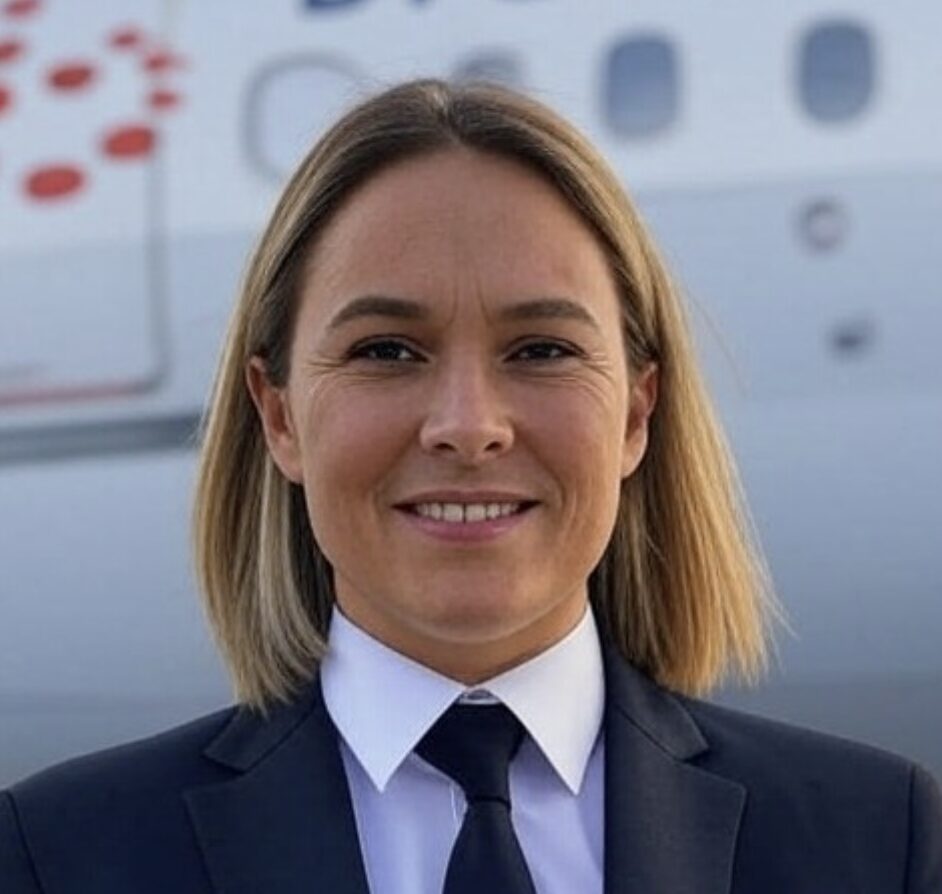
Hello! I’m Elisa, a 45-year-old travel companion with a passion for exploring new places and cultures. With years of travel experience under my belt, I thrive on creating memorable journeys for my clients. Let’s embark on an adventure together!

